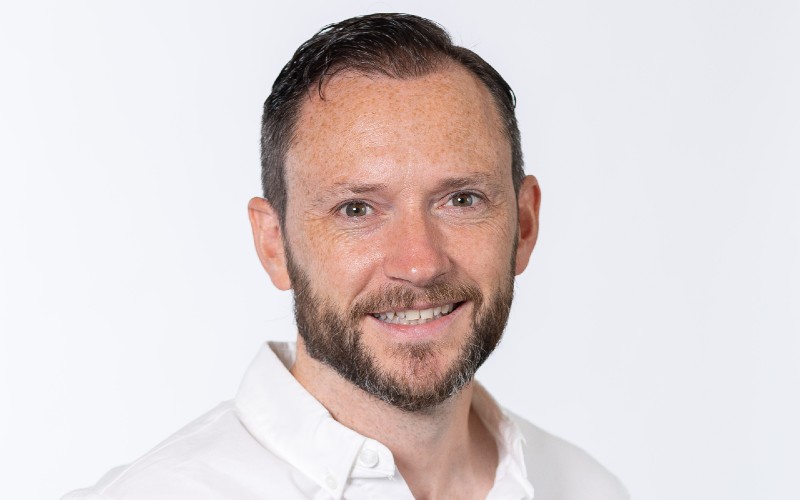$1.4 trillion!
According to Richard Faulkner, managing director at Silicon Valley Bank, that’s how much global private equity ‘dry powder’ is currently available.
“We have got a market that is awash with capital,” he tells TechBlast’s latest Going 4 Growth roundtable, with the result being some eye-watering raises.
Earlier this year North West-based cloud data integration platform Matillion announced $150m Series E funding, bringing the total amount raised to $310 million at a valuation of $1.5 billion.
In August artificial intelligence company Peak announced a $75m Series C funding round led by new investor SoftBank, bringing Peak’s total funding raised to date to $119m.
However Faulkner says equity investment isn’t the only route to go down in the pursuit of growth, citing Mailchimp as an example of a bootstrapped business that has just been bought for $12bn.
The banker to some of the best tech companies in the region explains why there’s no right answer when it comes to fuelling growth through funding.
“Companies [like Matillion and Peak] recognise that the time is now for them,” he says.
“They’ve got a solution that will drive the market in the future and there’s abundant liquidity. Companies like the ones you mention have really gone after it.
“They’re trying to knock out their competition now and they’re raising mega rounds. The size of these rounds have just been getting bigger and bigger.”
Faulkner says a lot of tech investors aren’t worried about an immediate return.
“You can talk about the companies that are loss-making and cash-burning but they’re not bothered by that,” he says. “What they’re concerned about is growing the top line in a sustainable way.
“They’re generally SaaS companies with recurring revenue. They want to invest now so they can knock out the competition and own the market.
“If you talk to VC’s they’re interested in finding a ‘fund maker’. They want a founder who is going to return the fund. To do that you’ve got to try and dominate the market.”
However Faulkner says going down the equity and debt route isn’t right for everyone.
“You may have a business that doesn’t want to cash burn for a long period of time and wants their first order to be profitable,” he says.
“If you bootstrap a company and launch a business model where your customers and suppliers fund you, then to some extent you don’t have to raise equity.
“A great example is Mailchimp which sold [to Intuit] for $12bn and was a bootstrapped company. They never raised equity so on when they were bought the co-founders kept the majority. That’s why it’s important to understand what it is you want to achieve and can it be achieved through bootstrapping.”
Silicon Valley Bank has been involved in a series of high-profile debt financing deals involving the likes of GBG plc, Carneware plc and Matillion – and their MD has a number of golden rules around growth.
“It sounds obvious but growth must provide a return,’ he says. “Growth doesn’t have to be profitable on day one. We have plenty of clients that use funding to deliver customer acquisition because it drives profitable repeat sales in the future.
“From my point of view growth must also be focused. You can go after too many growth levers at one point in time and do them badly. My advice would be to focus on two or three strategic imperatives relating to growth and go after them.
“A good example is going overseas. Don’t go overseas until you’ve sorted your home market.
“Thirdly, growth has to be sustainable so try and focus on that and the final part is exemplary execution.”


